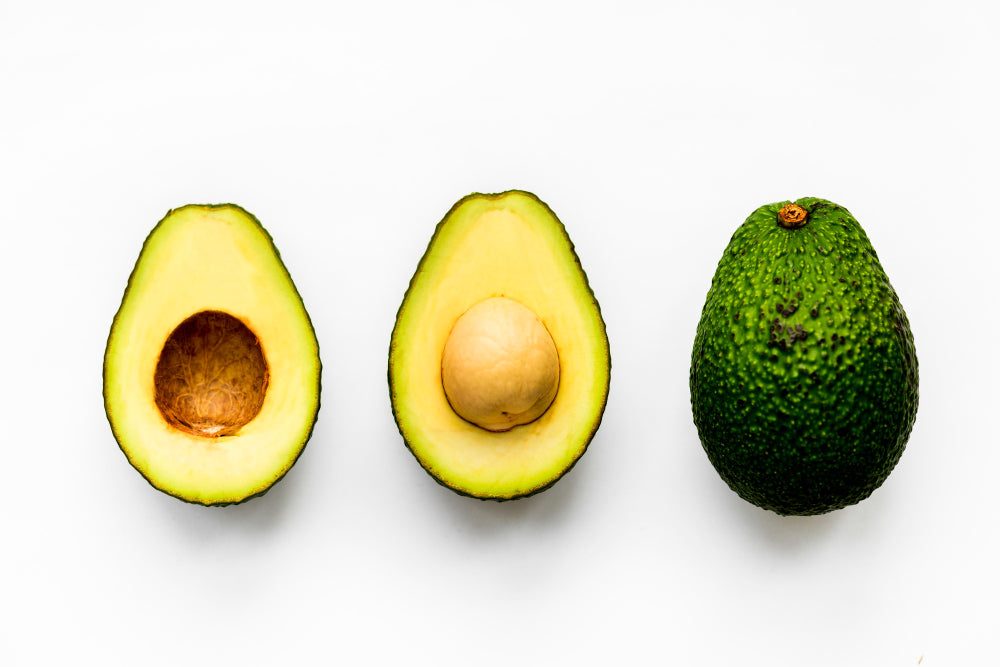Anti-Inflammatory Diet
An anti-inflammatory diet is a way of eating that focuses on reducing inflammation in the body through specific food choices. It emphasises whole, nutrient-rich foods that not only support overall health but also help alleviate inflammation-related symptoms associated with conditions like arthritis, heart disease, diabetes, and autoimmune disorders.
If you’ve ever wondered how food can impact your body’s ability to fight or promote inflammation, this article breaks it down and highlights the best foods to include—and avoid—on an anti-inflammatory diet.
What Is Inflammation?
Inflammation is the body’s natural defense mechanism, designed to heal injuries and fight infections. Short-term (acute) inflammation is a healthy response characterised by redness, swelling, and heat at the injury or infection site.
However, chronic inflammation—when your body remains in a prolonged inflammatory state—can be damaging. It’s linked to long-term health problems such as heart disease, diabetes, autoimmune disorders, and even some cancers. Factors like obesity, poor diet, stress, lack of exercise, and genetics can contribute to chronic inflammation.
Foods to Include in an Anti-Inflammatory Diet
An anti-inflammatory diet focuses on foods that reduce inflammation, stabilize blood sugar levels, and promote overall health. Here are the main food groups to prioritize:
1. Healthy Fats
- Extra Virgin Olive Oil: Packed with polyphenols, this oil is a staple in anti-inflammatory diets like the Mediterranean diet. It helps reduce inflammation and supports heart health.
- Fatty Fish: Salmon, trout, and sardines are rich in omega-3 fatty acids, which have powerful anti-inflammatory effects. Aim for at least two servings per week.
2. Colorful Fruits and Vegetables
- Leafy Greens: Vegetables like spinach, kale, and Swiss chard are loaded with antioxidants and essential nutrients to fight inflammation.
- Berries: Blueberries, strawberries, and raspberries are rich in flavonoids and antioxidants that protect against oxidative stress.
- Avocados: High in healthy fats and carotenoids, avocados are a nutrient-dense addition to any meal.
3. Whole Grains and Non-Starchy Vegetables
- Whole Grains: Foods like brown rice, quinoa, and oats provide fibre and stabilise blood sugar levels, reducing inflammation.
- Non-Starchy Vegetables: Broccoli, zucchini, cauliflower, and Brussels sprouts are excellent sources of fibre and plant compounds that support gut health and reduce inflammation.
4. Nuts and Seeds
- Walnuts: A great source of omega-3 fatty acids, walnuts help combat inflammation.
- Flaxseeds and Almonds: These are rich in essential nutrients and healthy fats that promote a balanced immune response.
5. Spices
- Turmeric: This golden spice contains curcumin, a compound with strong anti-inflammatory properties.
- Ginger: Known for its ability to soothe inflammation and support digestion, ginger is a great addition to meals or teas.
Top 10 Anti-Inflammatory Foods
Here’s a quick list of foods to include in your diet for their inflammation-fighting properties:
- Salmon
- Blueberries
- Spinach
- Olive Oil
- Turmeric
- Walnuts
- Avocado
- Broccoli
- Ginger
- Quinoa
Foods to Avoid
While some foods reduce inflammation, others can trigger or worsen it. To get the most out of your anti-inflammatory diet, try to limit or eliminate the following:
- Highly Processed Foods: Fast food, chips, and packaged snacks.
- Sugary Foods and Drinks: Cakes, fizzy drinks, and sweets spike blood sugar and promote inflammation.
- Refined Carbohydrates: White bread, pasta, and rice are quickly absorbed, leading to blood sugar spikes.
- Trans Fats and Saturated Fats: Found in deep-fried foods and processed meats like bacon and sausages.
- Excessive Alcohol: While moderate alcohol consumption (like red wine) may have benefits, excessive intake promotes inflammation.
- Processed Oils: Vegetable and seed oils high in omega-6 fatty acids (like corn and sunflower oil) should be minimised in favour of omega-3-rich alternatives.
How Does an Anti-Inflammatory Diet Work?
The anti-inflammatory diet works by reducing pro-inflammatory foods and increasing anti-inflammatory options like omega-3s, antioxidants, and fiber. These nutrients help:
- Stabilize blood sugar levels.
- Promote healthy gut bacteria.
- Inhibit inflammatory pathways in the body.
By balancing your diet, you can reduce the risk of chronic diseases and manage symptoms like joint pain, fatigue, and digestive issues.
Does It Help with Weight Loss?
Yes, the anti-inflammatory diet can aid in weight loss. Chronic inflammation is closely linked to obesity, and excess fat (especially around the abdomen) produces inflammatory chemicals. By focusing on nutrient-dense, low-GI foods and healthy fats, this diet promotes weight management while reducing inflammation.
Key Takeaways
An anti-inflammatory diet isn’t about strict rules or deprivation—it’s a flexible way of eating that prioritises whole, nutrient-rich foods to support your health and reduce inflammation.
Here’s what to remember:
- Include plenty of healthy fats, colorful fruits and vegetables, whole grains, nuts, seeds, and anti-inflammatory spices.
- Avoid processed foods, excessive sugar, refined carbs, and unhealthy fats.
- Pair the diet with healthy habits like regular exercise, stress management, and good sleep for the best results.
By making these changes, you can reduce chronic inflammation, improve your overall health, and even support weight loss in a sustainable way.











